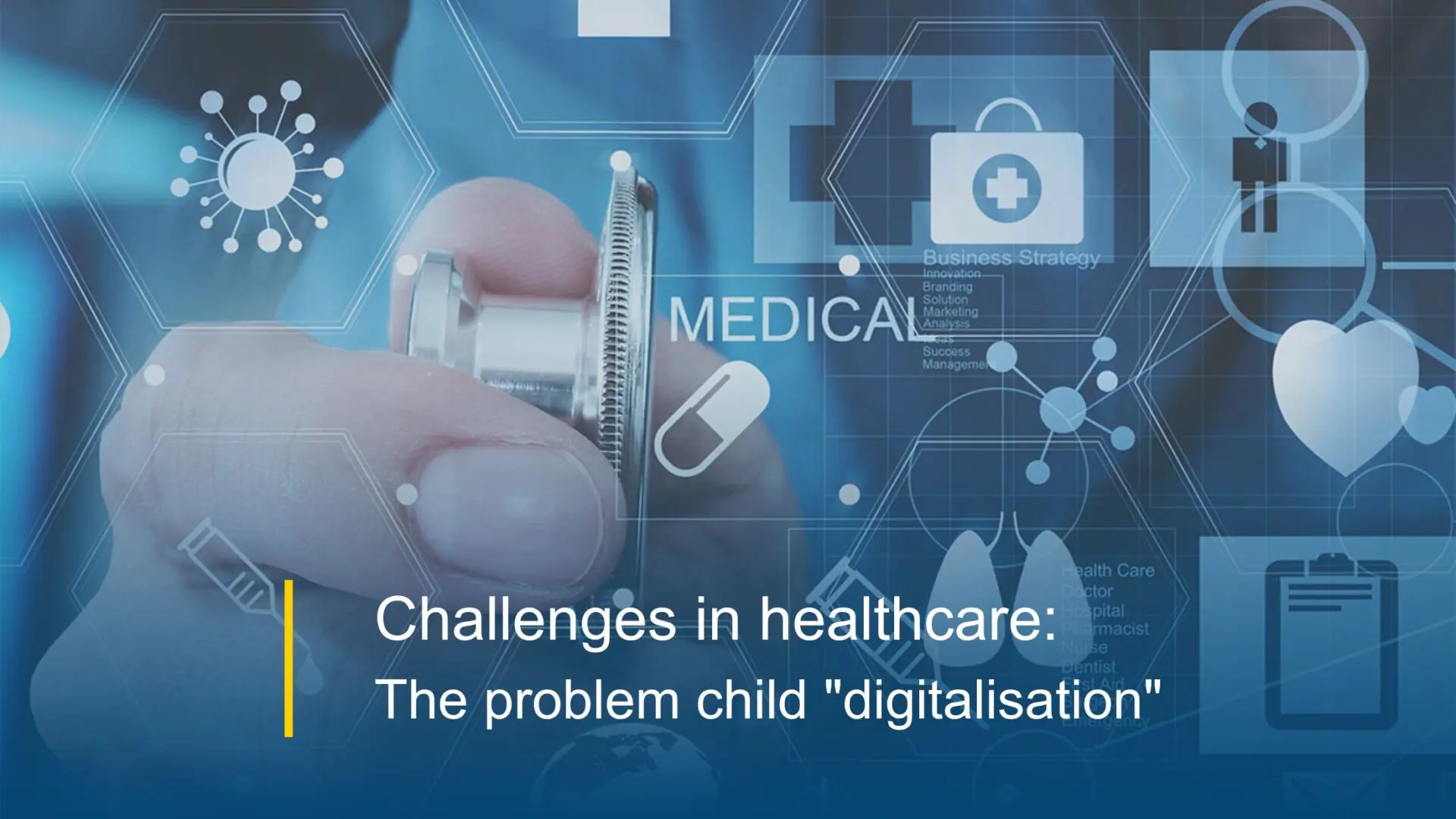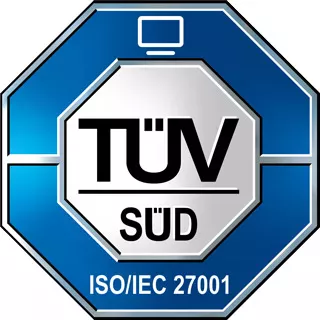The digital transformation faces numerous challenges in our healthcare system. In Germany for example, the lack of infrastructure and insecure interfaces are recognised as the main reasons for the stagnation in development. Experts emphasise that these foundations are essential in order to implement individual solutions effectively.
The COVID-19 pandemic has exposed many pain points in our healthcare system. The lack of clear standards and flexible response options became particularly obvious. The international digitalisation of the healthcare system, which was already necessary before the pandemic, continues to struggle due to several factors.
A European perspective
The study “Closing the digital gap – Shaping the future of European healthcare” by Deloitte sheds light on the digital maturity of hospitals in seven European countries. Germany for example is lagging behind because many technologies are not yet sufficiently utilised. Electronical health records, one of the most basic technologies, are being used, but there is still a lot of potential to introduce other innovative solutions. Around three quarters of respondents use them and see a clear benefit for efficient working and good patient care. Digital duty rosters (52 per cent) and specific apps for hospital staff (44 per cent) are also rated positively.
In contrast, the potential of telemedicine remains largely untapped. Only 30 per cent of medical staff use this technology, but more than twice as many respondents (64 per cent) recognise its benefits for patient care. In countries such as Denmark and the Netherlands, telemedicine is already being used successfully by around 60 per cent. Artificial intelligence (AI) and virtual reality (VR) are still used rather sporadically in Europe. The results in Germany are similar, with a third of respondents recognising the benefits of these technologies for patient care.
The challenges – what are the frequent failures in the healthcare sector?

In the complex structures of hospitals and clinics, you need smart solutions and commitment to keep service quality and technology at a consistently high level.
The introduction of new digital technologies in the healthcare system is held back by various obstacles. These include organisational issues, high costs and the difficulty of finding suitable technologies. In addition, many respondents do not feel sufficiently involved in digital strategies. In addition, almost half say they do not receive enough support in the use of the new technologies. According to the study, training could offer a solution to improve this situation.
There is frustration, but where are the solutions?
Despite these challenges, digitalisation continues to offer great potential in the healthcare sector. Simplified organisation, transparent processes and continuous quality monitoring are just some of the benefits, but how can you use this potential?
Our Spectos Healthcare solutions offer not just tools, rather a complete approach to overcoming these challenges for healthcare providers. Through the customised integration of digital technologies and the targeted optimisation of processes, we enable not only an improvement in healthcare, but also a sustainable future for every healthcare provider:
- Agile quality improvement: by jointly analysing the status quo and formulating suitable solutions, Spectos Healthcare helps to overcome organisational barriers.
- Easy to use & integrate: Training as part of the solutions offers you support in using our solutions.
- High costs: Spectos Healthcare’s efficient management solutions help to conduct regular quality audits and satisfaction surveys in a cost-effective and time-efficient manner.
Digitalisation in the healthcare sector is a path that we must walk together. Spectos Healthcare is not only committed to providing solutions, but is actively involved in shaping sustainable healthcare. This is done by continuously monitoring and improving processes and integrating innovative technologies.
Find your path to a sustainable digital transformation with Spectos Healthcare!
Case studies, new projects, events and industry news – it’s all on our LinkedIn channel!






